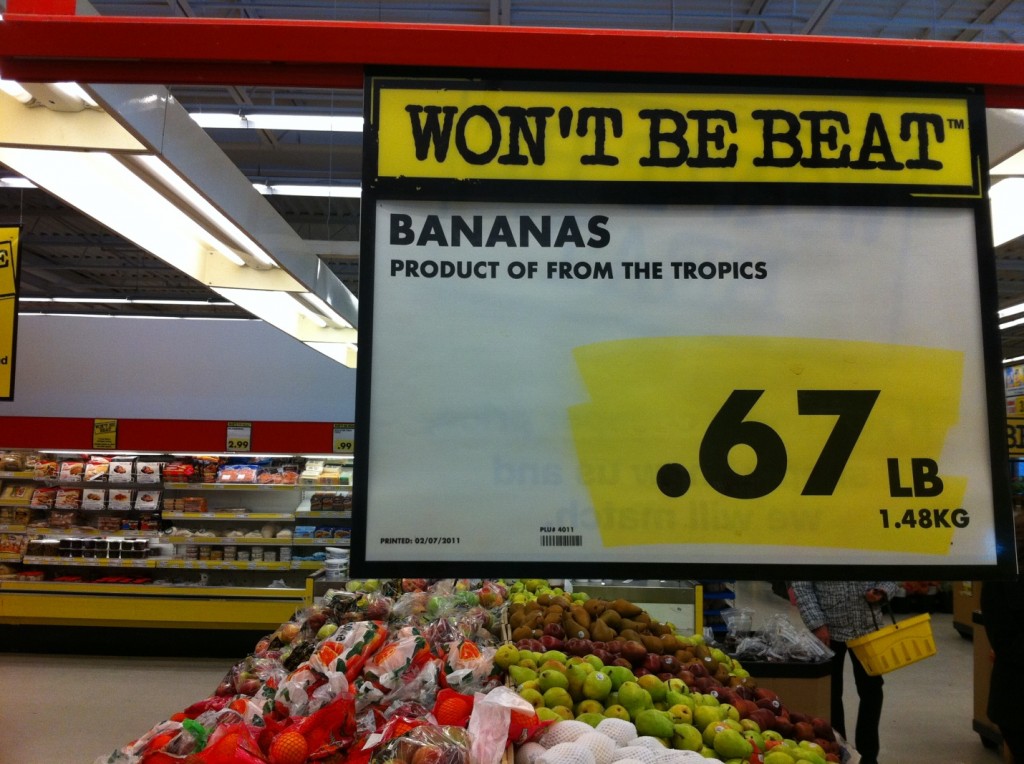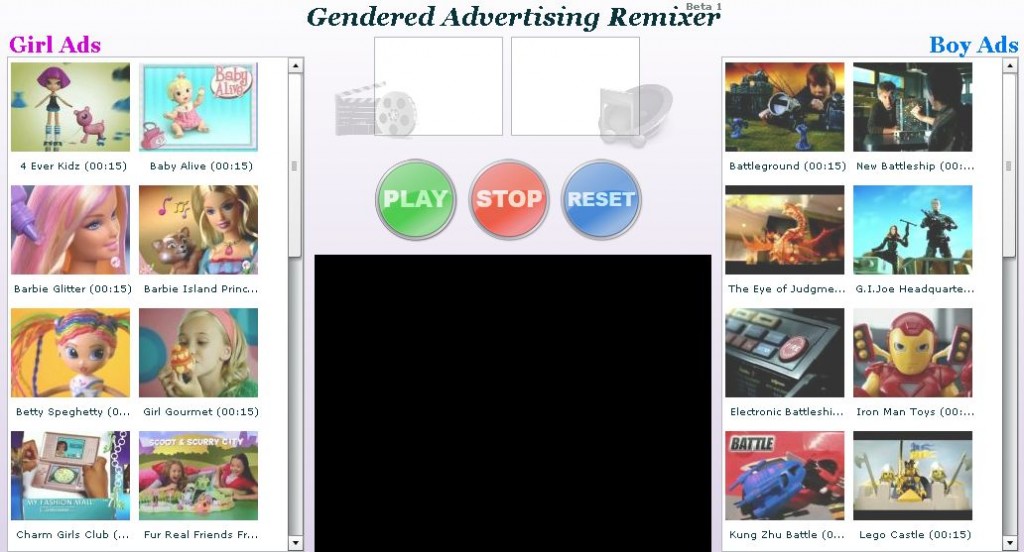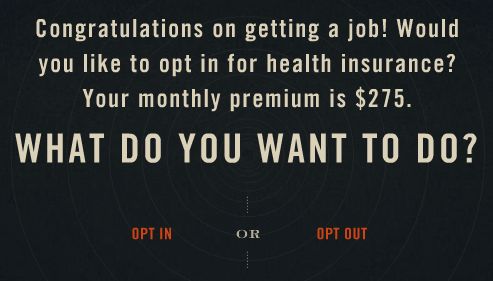Harkening back to a day when grocery and ‘convenience’ stores did not exist, one was intimately aware of where one’s food was coming from. This is because leading a life of subsistence meant growing one’s own food. It meant raising animals and growing crops and then processing them into food.
As foodstuffs began to be commodified, that is, rendered a marketable good to be exchanged for capital — and largely controlled by transnational corporations — we began to lose understanding to where our food comes from. Arguably, the dearth of this understanding is illustrated by the fact that increasingly children believe that fruit and vegetables are something that comes from the grocery store rather than from the farm or the earth.
The effects of this phenomenon, known as distancing, have social, political and economic ramifications. Typically grocery store produce is devoid of any clues as to the conditions under which it was produced, save for the country of origin. This serves to make invisible the labour taken to cultivate the produce and instead presents the consumer with the end product. The conditions under which bananas are produced, for example, are particularly problematic given their use of toxic pesticides and lack of environmental and worker protection measures.
Accordingly, I was particularly struck when I noticed this produce sign at a local grocery store.

Here the source of the bananas is specified in a way that might help combat distancing. But, in fact, knowing that these bananas are from the “tropics” does more to obfuscate than illuminate. The tropics refers to no place in particular – technically referring to parts of South America, Africa, Asia, and the South Pacific. Instead of a concrete agricultural source, then, pointing to the tropics simply creates a false sense of understanding, one that plays on consumers’ desires for (and stereotypes about) all things lush and tropical, leaving the consumers’ ignorance intact.
Kristina Vidug is pursuing a masters of arts degree in sociology at the University of Guelph in Ontario, Canada. Her research is on post-industrial risk management with a focus on women’s avoidance of synthetic chemicals in the domestic sphere. You can follow her “adventures in thesising” on her blog, jeez (kristina) louise.












